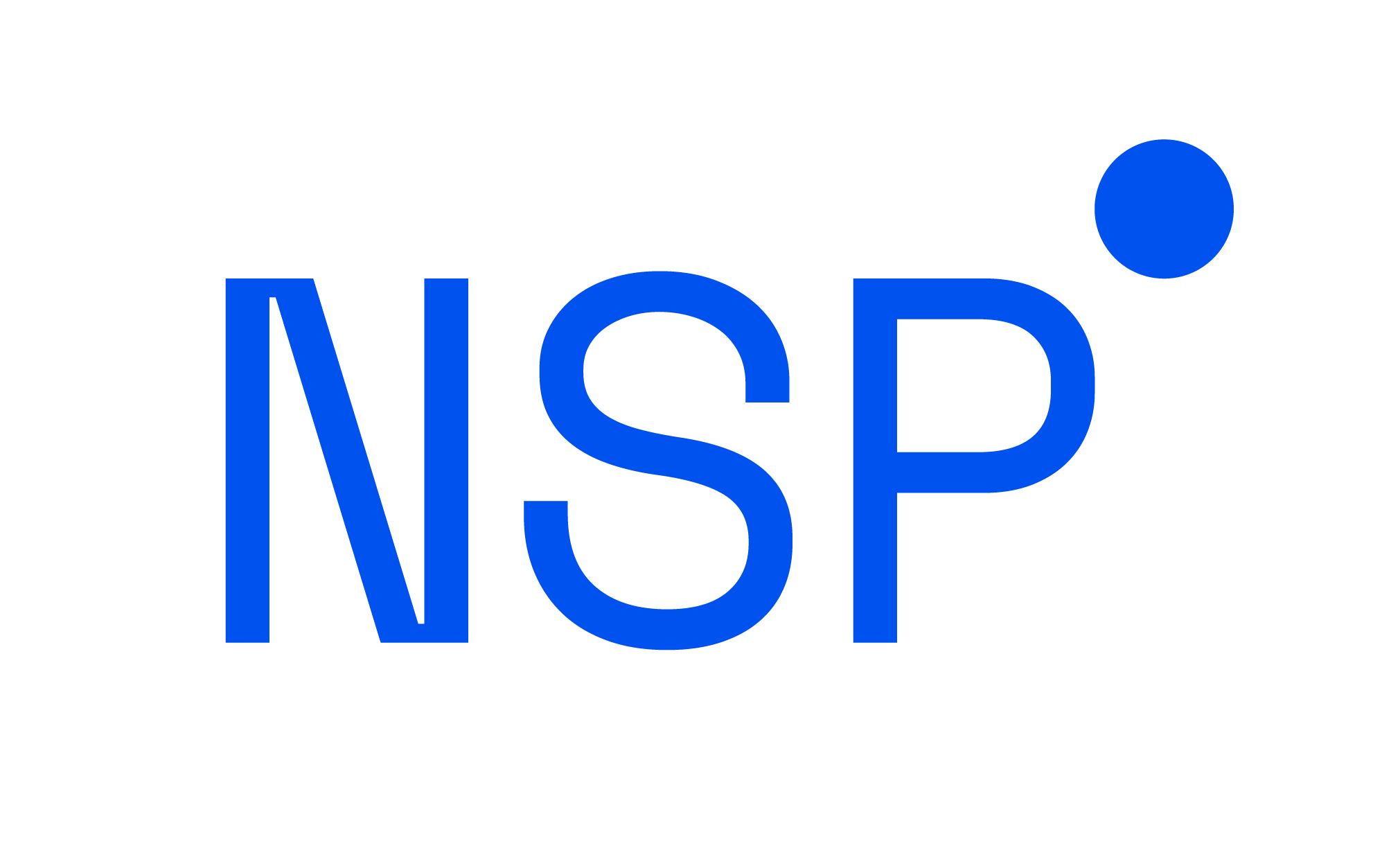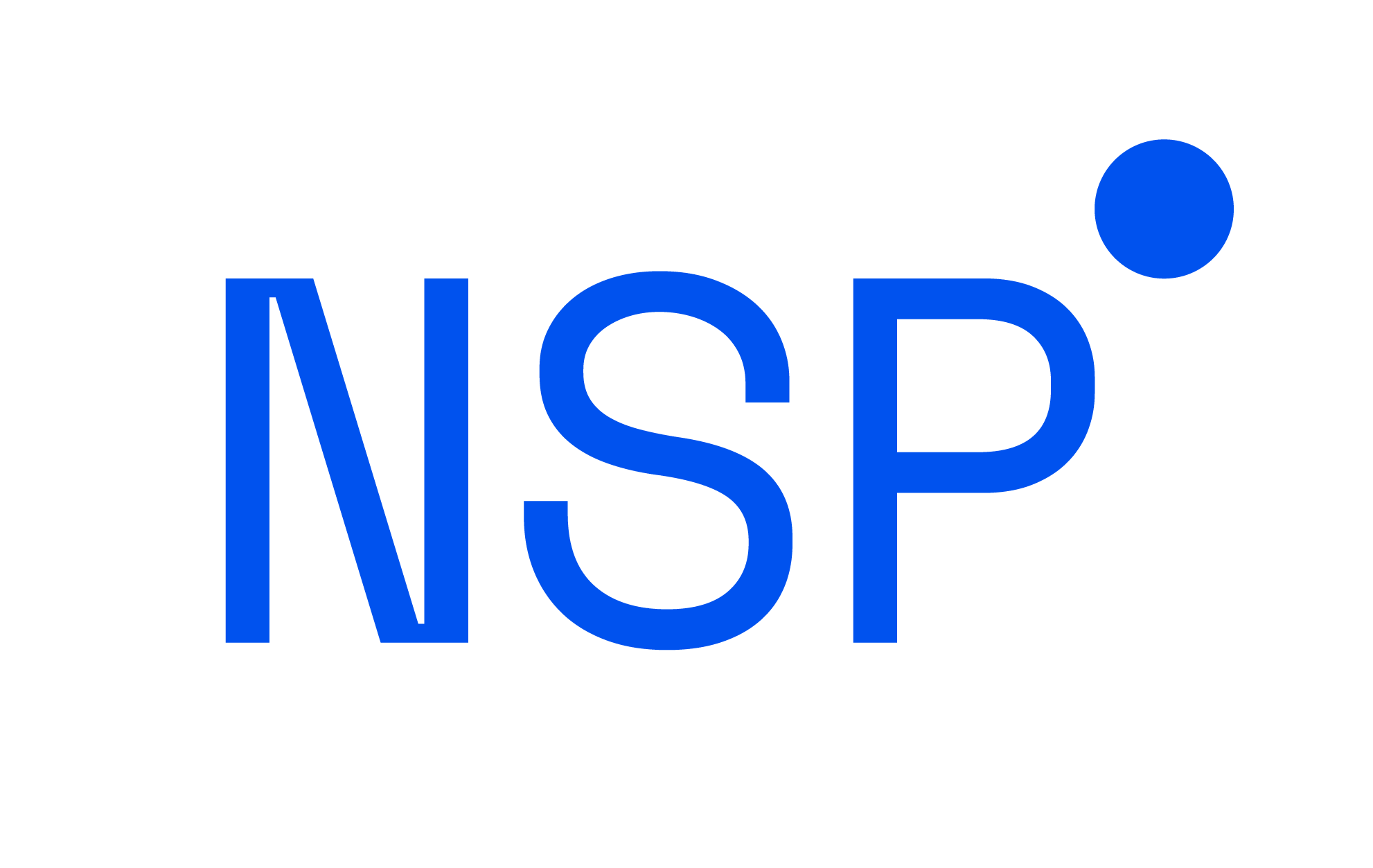The new year has started. Time of resolutions. And thinking about my professional purpose, which is to empower people's lives with technology, I have come to reflect on how I can be useful to you, to help you deliver a higher value and impact.
We interact with one another in an increasingly digitized world. Constant interruptions, leaving messages unanswered, and lack of interest have all become the norm in our society, overflooded with mobile devices and screens. But is this what you want? And if not, what can you do in 2018 about it?
Digital incumbents' engineers and designers have worked hard in these years to make email, Snapchat, Facebook, Instagram, Twitter and other tools addictive. They reward you through the neurochemicals you experience when you use them. They give you the illusion of accomplishment and productivity and supposed social connection.
Out for dinner? Instead of talking about the food, you post a picture of it online. Missing family? Instead of calling your dad, you send a message to update him on your life. At a party, you are busy sharing the experience with your friends online instead of talking to other people there.
At home and at work, even as you sleep, your devices – the smartphone or tablet – attach to you and surround you. Your apps buzz, beep and ring at you, and even when they don’t, you can’t resist their allure and reach your smartphone for your dose of dopamine, as you do with a delicious croissant.
Your costs, though not evident, include a lost ability to converse or relate in person and a loss of empathy quotient (EQ). In your organi
zation, such behavior leads to declining morale, less creativity, little collaboration and lower productivity. Your friendships fade as once-deep conversations grow shallow and disjointed. Once you lose the ability to relate effectively in person, you hide behind your devices all the more.
Research shows that once you are interrupted, it takes 23 minutes to get back to the performance level you had beforehand. Learning to unitask is difficult, especially if you are younger than 40 and raised on the multitasking myth, but you can “rewire” your brain with practice.
Your work in 2018 requires from you more focus, time and reflection. As Cal Newport explains in his book, Deep Work:
The ability to perform deep work is becoming increasingly rare at the same time it is becoming increasingly valuable in our economy. As a consequence, the few who cultivate this skill, and then make it the core of their working life, will thrive.
If you can set strict mental boundaries and commit to intensely focused work times, I promise you will shine in 2018.
Now that year's end is passed and as you have to regain optimal weight :) more critical: you have to cultivate your brain's shape.
Yes, you are vulnerable to the emotional gratifications that your phone offers – as you are neurochemically rewarded when you attend to its constant stimulation.
Technology promises to supplement your life, but often it ends up changing or controlling it. Texting disrupts conversations; emerging AI supplants human caregivers. Algorithms collect and analyze everything you do online and predict what you want.
Not all this is bad, but now is the time to think deliberately about your behavior. Put your phone out of sight and talk to your kids, partner, and co-workers. Spend more time alone, either thinking or daydreaming. Talk to people who don’t share your views. Demand more transparency from the Big Four (Google, Amazon, Facebook, and Apple). And most important, set aside time for real, eye-to-eye, conversation with human beings. Those empathic, mind-enriching conversation that you cannot have with Siri, Cortana or Google Now.
My good news to you is that you don’t have to give up your smartphone. If you understand its profound effects on you, you can approach it with greater intention and choose to live differently with it. I hope this can be - together with me - one of your resolutions to gain success in 2018.
Download The 7 Pillars Of The New Customer Loyalty to define the foundations on which to build your engagement and loyalty strategy, create innovative experiences and establish a lasting and valuable relationship with your customers.



 Your magnifing glass to deeply understand your users and increase the value of each relatonship.
Your magnifing glass to deeply understand your users and increase the value of each relatonship. Listen to the voice of your customers deeply to understand what they truly want.
Listen to the voice of your customers deeply to understand what they truly want. The Lead Generation Platform to get leads from anonymous traffic on your website.
The Lead Generation Platform to get leads from anonymous traffic on your website.  Understand the behavior of people in physical spaces and monitor safety requirements.
Understand the behavior of people in physical spaces and monitor safety requirements. The Digital Commerce Platform designed to follow the most modern technological standards..
The Digital Commerce Platform designed to follow the most modern technological standards.. The XReality platform to tell brand and product stories by connecting physical and digital worlds.
The XReality platform to tell brand and product stories by connecting physical and digital worlds. Points, rewards, levels, badges, missions: a world of nudges to nurture your customer community.
Points, rewards, levels, badges, missions: a world of nudges to nurture your customer community. Discover all the other solutions!
Discover all the other solutions!









